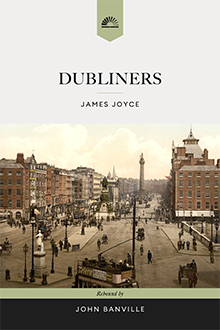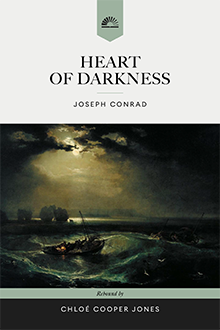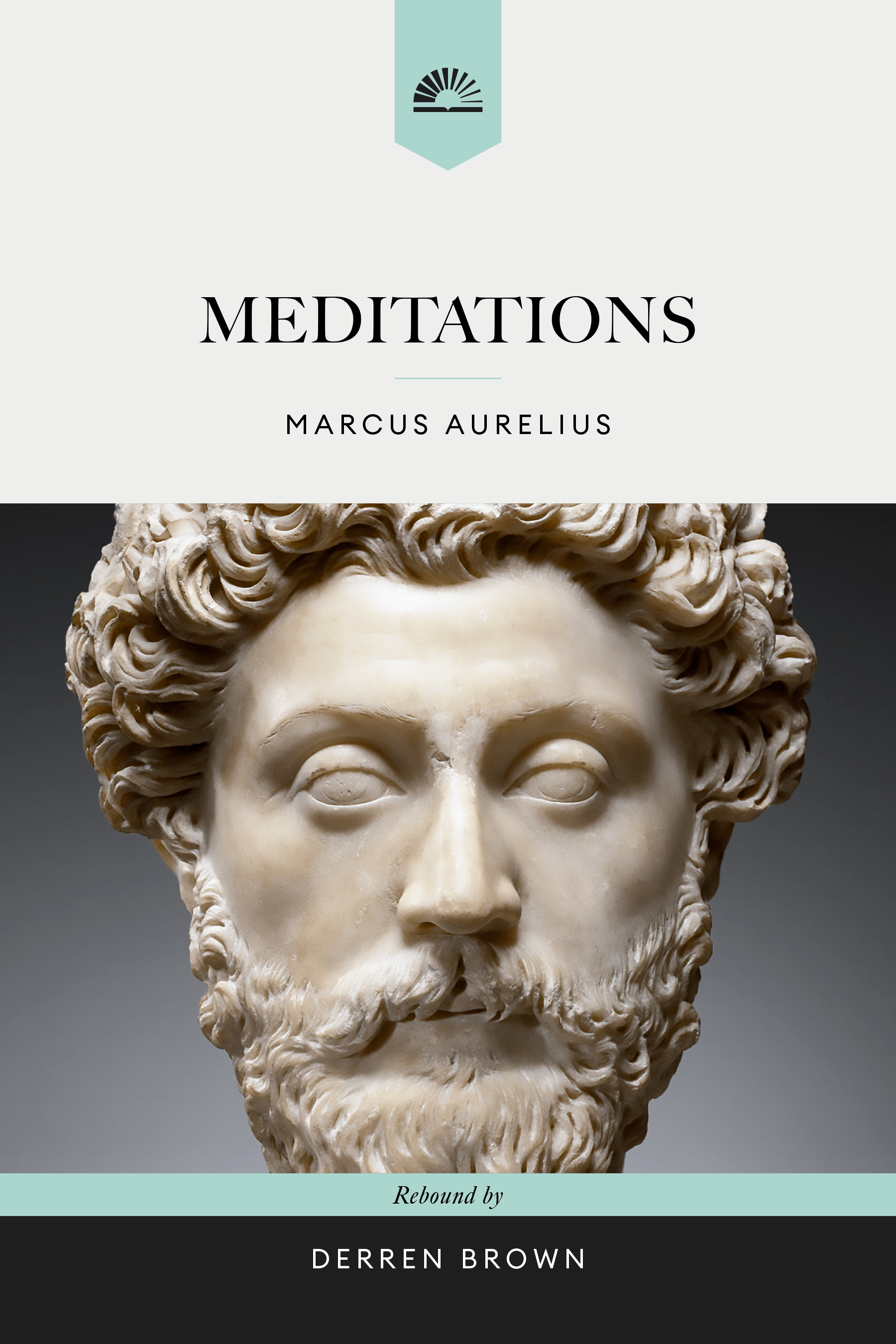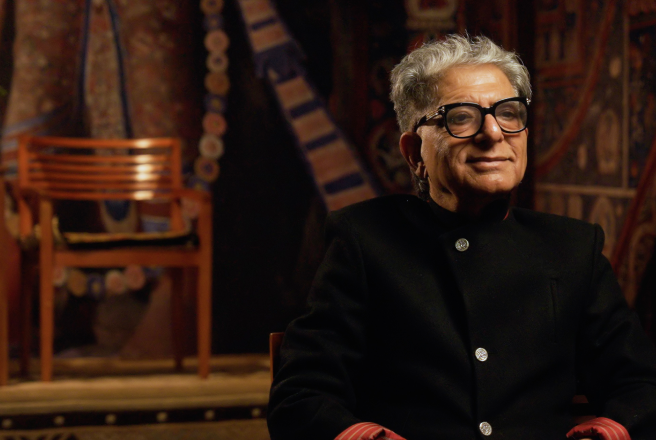Discuss Franz Kafka's
Metamorphosis and Two More Stories
with AI-powered Original Commentary by
Deb Olin Unferth
Immersive Videos

Interactive Discussion

Personalized reading features

WHAT'S INCLUDED
x 28 mins
10
Discussion topicsBravely confront the absurdity of life with authenticity and courage.
Experience a new way to read
Engage in Conversation
Ask questions, dive deeper, and interact with AI-powered discussions to make the experience truly your own.
Discover Insights
Explore expert commentary, multimedia content, and thought-provoking questions.
Create your own Rebind
Select text, generate personalized writing prompts, and develop your own interpretation of the book.
Metamorphosis and Two More Stories
Franz Kafka’s work has left an indelible mark on literature, influencing countless writers, filmmakers, and artists. Even those who haven’t read a word of Kafka often know about “The Metamorphosis” or the concept of the “Kafkaesque.” Metamorphosis and Two Other Stories is a collection of three of his most celebrated works, guided by acclaimed writer and professor Deb Olin Unferth.
Unferth’s deep, lifelong engagement with Kafka’s work brings new life to three of his most iconic stories: “The Metamorphosis,” “In the Penal Colony,” and “A Hunger Artist.” She guides readers through the author’s exploration of the alienation and absurdity of modern life, themes that feel especially relevant now in our digitally saturated, hyper-mechanized age.
As you read these stories, Unferth will be right there with you, asking and answering thoughtful questions throughout the text. Unferth’s knowledge of and passion for Kafka provide a rich, immersive experience that sheds light on why his work continues to resonate and inspire.
SNEAK PEEK
Here are some questions Unferth will invite you to ponder while reading Metamorphosis and Two Other Stories:
This is a pretty strange way to start a story, with a man turning into a bug…and yet, the way Kafka writes it, it also seems like the most natural thing in the world. What sort of mood does this layering of absurdity and ordinariness create? Does Kafka want us to identify with Gregor Samsa?
What do you think Kafka is telling us about human freedom and our personal situation? Are we all living in penal colonies of our own making—or are the penal colonies the societies in which we are thrown and forced to negotiate?
“I still remember the first time I read a story by Kafka. I was 17 years old, a freshman in college… I couldn’t believe how powerful, brutal, dark, and strange it was, and somehow funny.” Experience Kafka’s stories with Deb Olin Unferth as your guide, only on Rebind.
Kafka did not write of the glory of the new society. He wrote of the lostness and confusion, the boredom and anxiety, the hilarious absurdity, the tragedy.
REBIND FEATURES
You might like
~The world's most intriguing guides open up their favorite books for you.
Tour the classics with a companion and read deeper.
Stay updated on new book releases and features
By signing up for our email list, you indicate that you have read and agree to our Terms of Use.
We respect your privacy.










47,000
Words of original commentary available for interactive AI discussions inside the eBook